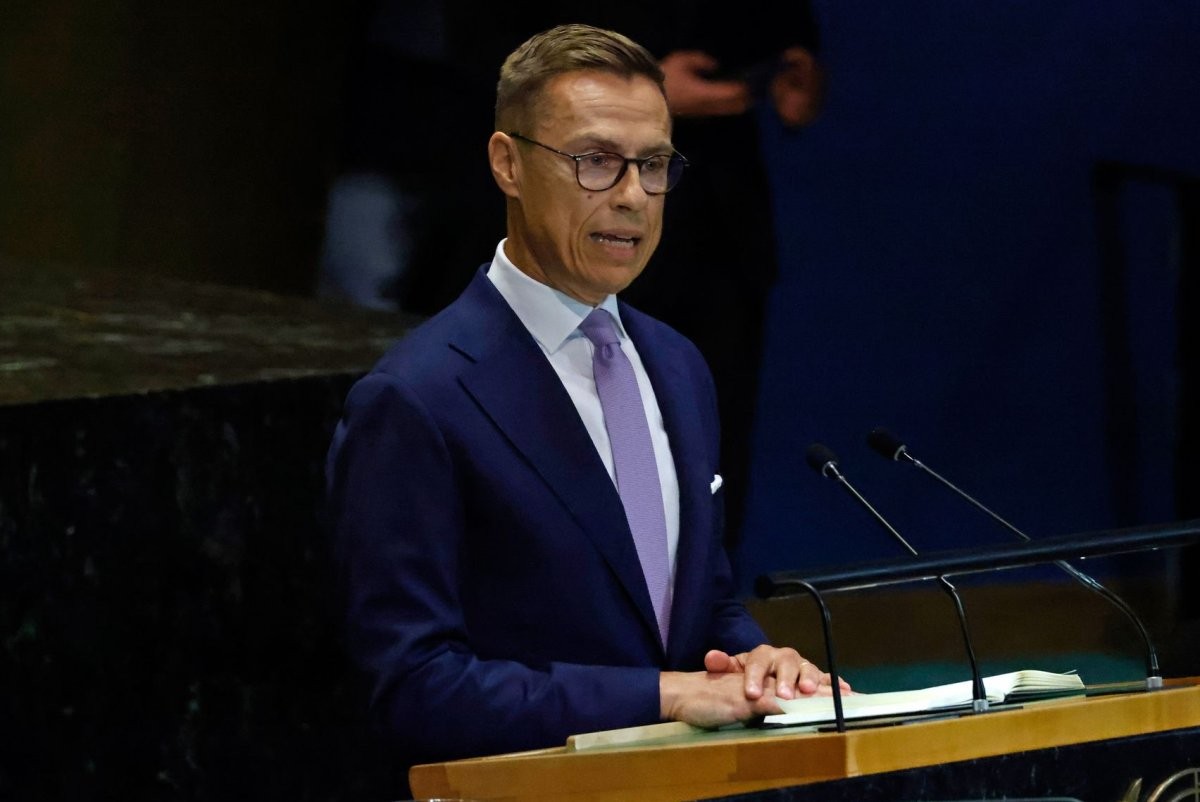
Finland announced plans to withdraw from the Ottawa Treaty, the international agreement banning anti-personnel land mines, citing growing security concerns about neighboring Russia. The decision comes as Finland, now a NATO member sharing the alliance's longest border with Russia, seeks to enhance its defensive capabilities.
Following the announcement, Finnish technology and defense company Insta expressed interest in potentially manufacturing anti-personnel mines once Finland officially exits the treaty. The company's CEO Tapio Kolunsarka indicated they would explore production opportunities aligned with their strategic partnership with Finnish defense forces.
Insta is already developing a remotely-detonated "bounding mine" for the Finnish military in anticipation of the treaty withdrawal. The company, which specializes in automation and defense technology, would be among the first to resume land mine production in Finland.
Finland's decision follows similar moves by Poland and the Baltic states - Estonia, Latvia, and Lithuania - who announced their withdrawal from the 1997 Ottawa convention last month, also citing Russian threats. These withdrawals mark a notable shift in European defense policy, though anti-land mine advocacy groups have criticized the decisions as regressive.
The withdrawal would allow Finland to begin stockpiling anti-personnel mines, adding another layer to its defensive strategy along the Russian border. This development represents a major change in Finland's military posture since joining NATO and reflects growing concerns about regional security in Northern Europe.
Anti-land mine campaigners have expressed strong opposition to these withdrawals from the treaty, describing them as a "devastating step backwards" in the global effort to eliminate these weapons.